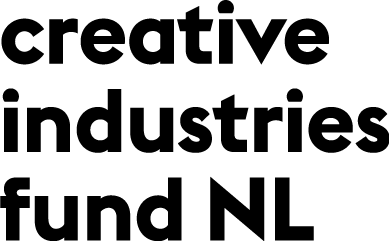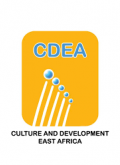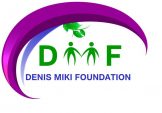ECOEXISTENCE
A COLLECTIVE MANIFESTO
14th-15th October 2021
WHO WE ARE
African Crossroads is a community of future-oriented African thinkers and doers who critically reflect on the most cutting-edge entrepreneurial, scientific, artistic, and technological developments anchored in African intellectual and technological traditions.
WE'RE UP TO...
Through collaborative actions, design exhibitions, invigorating workshops, sound initiatives, and more, the African Crossroads yearly activities spark deep discussions about the latest inventions and innovations in science, art, technology, and social impact.















